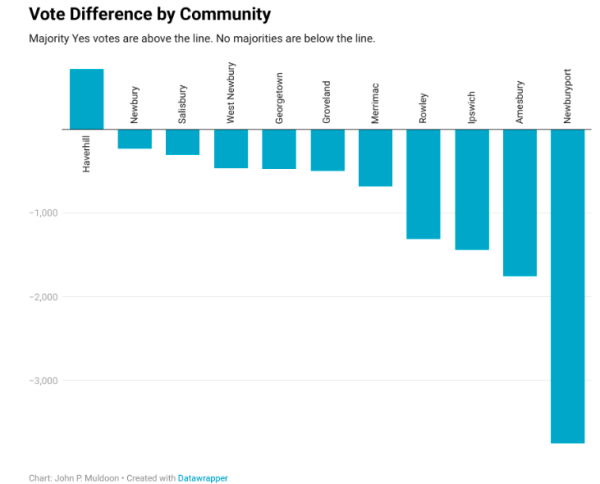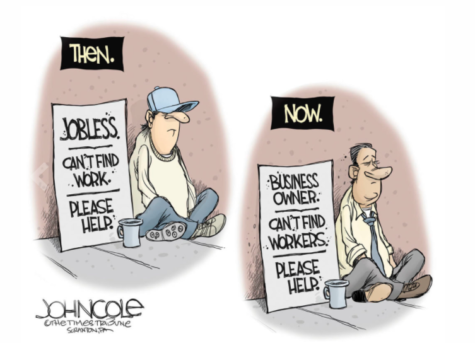Robinhood Versus GameStop

March 15, 2021
The internet has been gaining more power every day since it was created back in 1983. It has changed the way we live drastically. It started as a communication system that evolved into something more. This evolution paved the way for stock trading platforms like Robinhood that give normal people access to trading easily. The people of the internet took to the stock market in late January in a historical manner to make some money and stick it to the big investors of Wall Street.
The plan was hatched on the popular Reddit trading page, WallStreetBets. People noticed that GameStop as a company has been struggling more each year as buying games has become more digitized. The stock price was as low as six dollars before the surge, and big investing companies were betting on the gaming company going under to make some quick cash. If the stock were to increase, however, those hedge funds would have to pay off the difference. It was a small loophole that turned normal people into millionaires overnight.
On January 13th, GameStop saw its first rise, nearly doubling its value in two days. The story went viral, and the stock price started to climb. Reilly Dillon heard about it on Instagram and said that he “almost bought some.” Thousands of people like Reilly joined in on the internet frenzy. Some bought it as a joke, others wanted to show Wall Street who’s boss. On January 22nd, the stock price surpassed its all-time high of $62 per share back in late 2007. People around the world were ecstatic about how they were taking part in economic history. It reached its peak on the 27th just shy of $350 per share.
As GameStop was reaching its peak, Robinhood, the popular trading platform decided to restrict people from buying and trading shares of the GameStop stock. Robinhood quickly put out a statement saying that the reason for the closure was that “regulations required it to have a certain amount of money on hand to cover stock trades, and it simply didn’t have enough at the time.” As expected, people were furious with the company for essentially screwing them out of what could’ve been thousands, if not millions of dollars. When asked if trading platforms should be legally allowed to close certain stocks, Bob Lathrop explained that “people aren’t going to like being told they can’t buy something that other people can.” Reilly thought something similar saying, ”you’re giving other people an advantage.”
With Robinhood shutting down the trading of GameStop, it only hindered small investors. In other words, it helped the hedge funds that still had to pay out big, but nowhere near as much as they would have without the shutdown. Oscar Gonzalez and David Priest wrote in their article on CNET that a lawsuit was filed against Robinhood on the 28th which stated that Robinhood “purposefully, willfully, and knowingly [removed] the stock ‘GME’ from its trading platform in the midst of an unprecedented stock rise,” and “deprived retail investors of the ability to invest in the open-market.”
Whether or not trading platforms were knowingly conspiring with hedge funds to cover for their losses or a genuine lack of cash is to blame, it was a big win for Wall Street, and a massive loss for individual investors across the globe.







